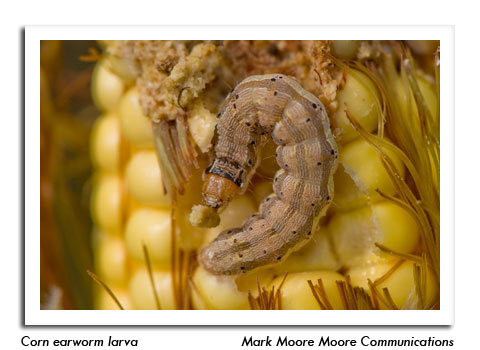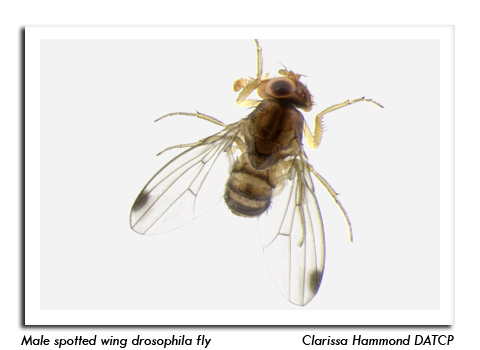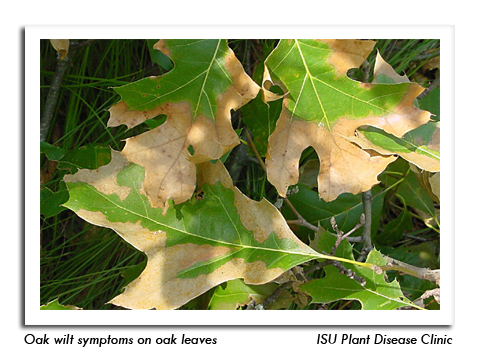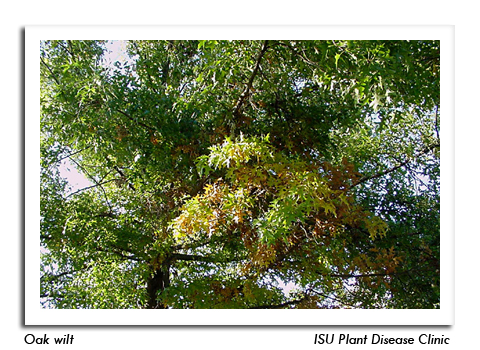
 |
|
|
Looking Ahead
Volume 57 Number 19 Date 08/23/2012 CORN EARWORM - The primary flight continued for the seventh week. Moth collections at the Fond du Lac County monitoring locations ranged as high as 229 per trap, which represents a minor increase from last week. Reflective of the prolonged flight period this month and last, larvae in all stages of development (1/8-1½ inches) have been found in low numbers in corn fields throughout the state. Late-planted sweet corn remains at risk of infestation and should be monitored until harvest. SPOTTED WING DROSOPHILA - The Minnesota Department of Agriculture has announced that spotted wing drosophila (SWD) larvae have been detected in blackberries and raspberries in four Minnesota counties this month and another 10 cases are suspected. Most of the infestations were found in the southeastern part of the state in both cultivated and wild hosts. In Wisconsin, SWD has been detected in Crawford, Dane and Racine counties in the past two years. One potential case of larvae in cultivated blackberries was reported from Vernon County late last week but verification is pending. Fruit growers concerned about this exotic pest should place vinegar traps now and report any suspects to Krista Hamilton at krista.hamilton@ wi.gov. Emergence of SWD flies is expected to intensify next month and continue through October or early November. OAK WILT - This lethal oak fungal disease was discovered last month on red oaks in Lincoln, Sawyer and Vilas counties, representing the first confirmed cases in those areas. Oak wilt has continued to spread in Wisconsin and is now present in 58 of 72 counties. LATE BLIGHT - Potato fields infected with late blight have been found in Adams, Barron, Oneida, Portage and Waushara counties this month and several new cases of the disease were confirmed on tomatoes in home gardens since the last report. Potato growers should continue to treat potatoes on a 5-7 day schedule as long as the forecasting system indicates weather conditions are conducive for late blight development. Home gardeners are advised to inspect plants on a daily basis for leaf lesions and fruit spots. If late blight is suspected and symptoms are widespread, plants should be destroyed to limit further spore production. --Krista Hamilton, DATCP Entomologist 




|
|
|